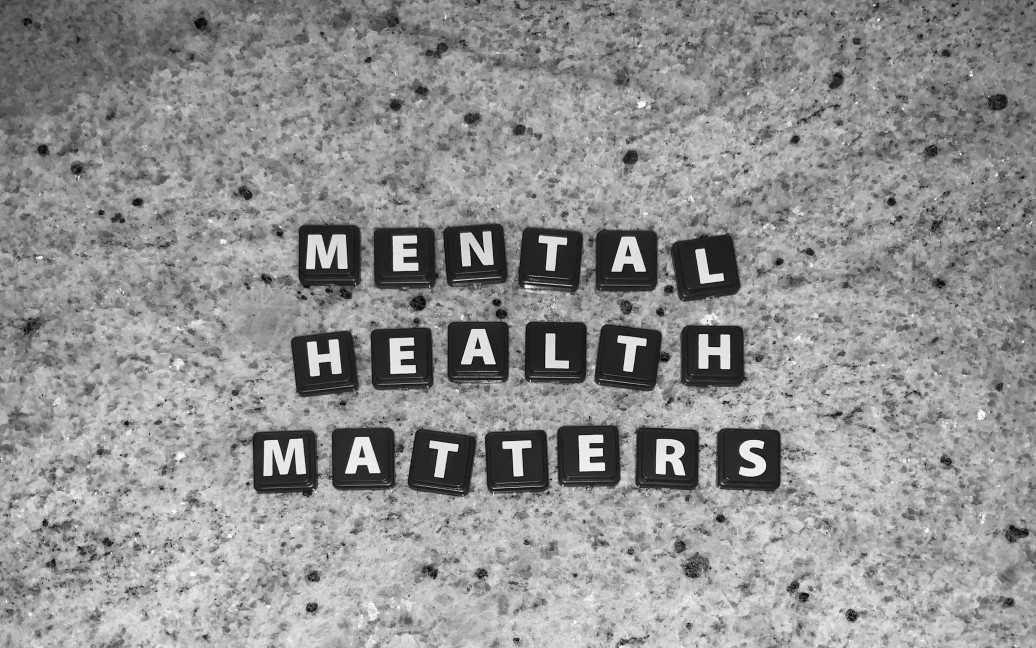In today’s fast-paced world, stress has become a common denominator in our daily lives. Whether it’s dealing with work deadlines, family obligations, or financial pressures, stress can take a toll on our mental and physical well-being. Understanding and managing stress is crucial for maintaining a healthy work-life equilibrium.
Work-life equilibrium is about finding a balance between your professional and personal life to reduce stress and increase overall well-being. It’s not about achieving a perfect balance but rather finding a harmonious blend that allows you to thrive in all areas of your life.
One of the key elements of managing stress is understanding its root causes. Identifying the sources of stress in your life can help you come up with effective strategies to manage it. Common sources of stress include work-related issues, relationship problems, financial worries, and health concerns. By pinpointing these stressors, you can take proactive steps to address them and reduce their impact on your life.
Another important aspect of managing stress is developing healthy coping mechanisms. Instead of turning to unhealthy habits like smoking, drinking, or overeating, it’s essential to find healthier ways to deal with stress. This can include exercising regularly, meditating, practicing mindfulness, or engaging in activities that bring you joy and relaxation. Finding healthy outlets for stress can help you build resilience and better manage challenging situations.
Creating boundaries between work and personal life is also crucial for maintaining a healthy work-life equilibrium. It’s essential to set clear boundaries around work hours, communication, and expectations to prevent burnout and overwhelm. By establishing these boundaries, you can create space for relaxation, self-care, and quality time with loved ones.
Prioritizing self-care is another important aspect of managing stress. Taking care of your physical, mental, and emotional well-being is essential for coping with stress and maintaining a healthy work-life equilibrium. This can include getting enough sleep, eating a balanced diet, staying hydrated, and seeking support from friends, family, or a therapist when needed.
Lastly, practicing mindfulness and staying present in the moment can also help manage stress. By focusing on the present moment and engaging fully in your tasks, you can reduce anxiety and overwhelm. Mindfulness practices like deep breathing, grounding techniques, or meditation can help calm your mind and bring a sense of clarity and peace.
In conclusion, understanding and managing stress is essential for maintaining a healthy work-life equilibrium. By identifying the sources of stress in your life, developing healthy coping mechanisms, creating boundaries, prioritizing self-care, and practicing mindfulness, you can effectively manage stress and thrive in all areas of your life. Remember that it’s okay to seek help when needed and prioritize your well-being above all else.
——————-
Discover more on Work-life equilibrium contact us anytime:
Yvonne Williams | entrepreneur work life balance
https://www.yvonnewilliams.coach/
Unlock your full potential and transform your life with Yvonne Williams, an exceptional coach who will guide you towards success and fulfillment. Experience profound growth, uncover hidden talents, and conquer your goals. Prepare to embark on a life-changing journey that will leave you unstoppable. Visit yvonnewilliams.coach now and start soaring to new heights!
